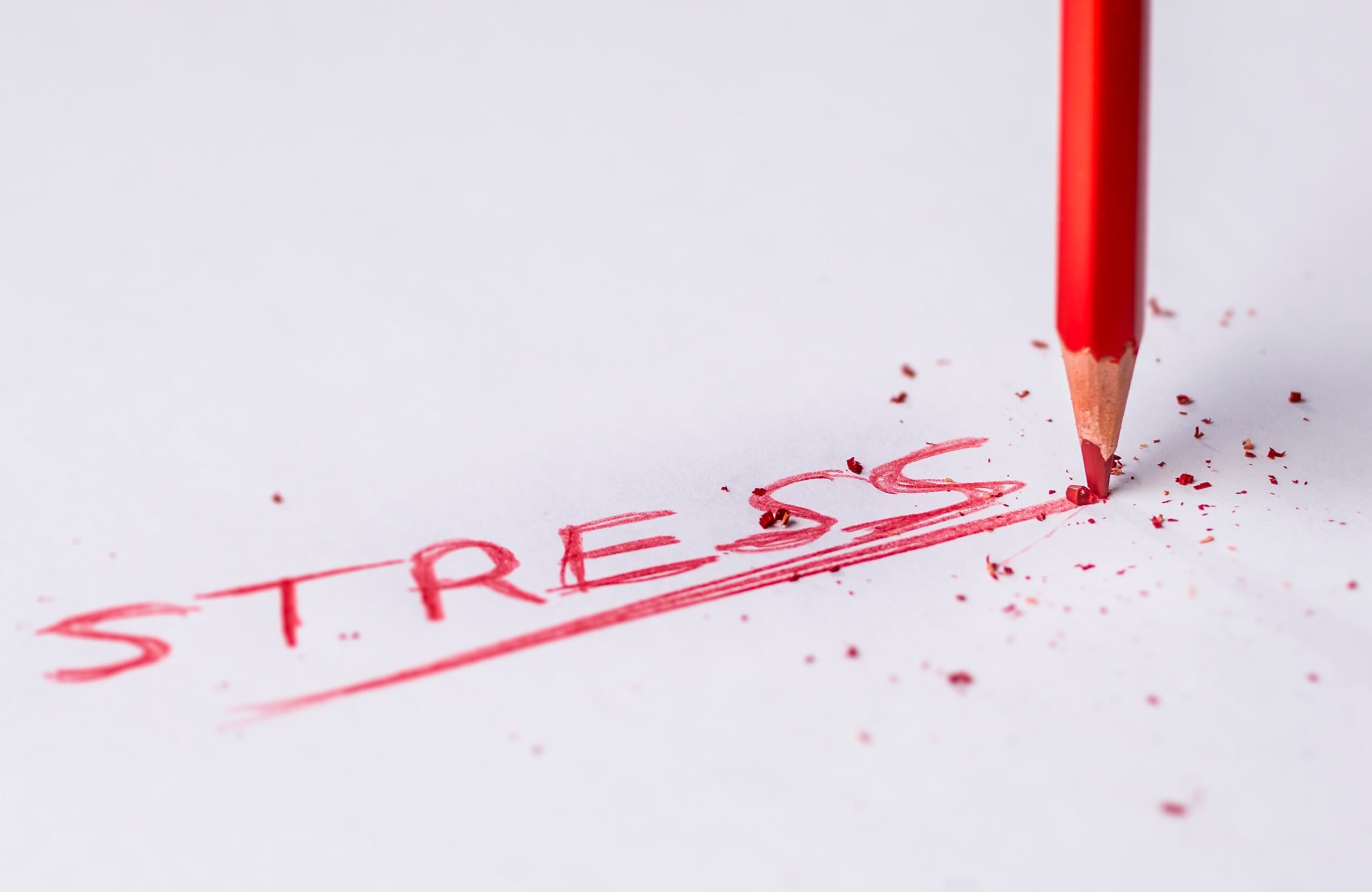Have you ever felt the weight of stress and wondered how it affects your well-being? It’s no secret that managing stress is crucial for your health, but there’s a less-discussed aspect that needs our attention—the connection between stress and stimulant addiction. This article sheds light on this link, exploring how the challenges of stress can sometimes lead people to rely on dangerous substances. We’ll dive into what this means for your health and how understanding this connection can help you make healthier choices. So, let’s begin this journey towards better awareness and self-care.
What is Stimulant Addiction?
When we talk about stimulant addiction, we’re referring to a pattern where someone repeatedly uses substances that speed up brain activity. These can range from everyday items like caffeine and nicotine to stronger substances often prescribed for medical conditions. What starts as a casual or medical use can sometimes spiral into addiction, a state where the body craves these stimulants to function normally or to feel good.
Understanding the Nature of Stimulants
Stimulants boost certain chemicals in the brain, primarily dopamine, which is linked to pleasure, attention, and movement. Initially, they may seem beneficial—increasing alertness, concentration, and energy levels. But over time, the brain starts relying on these substances to produce these feelings, leading to dependence.
When Use Turns to Addiction
Addiction doesn’t happen overnight. It develops gradually as the body becomes accustomed to the stimulant’s presence. You might start consuming more to achieve the same effect, a phenomenon known as tolerance. This increasing dependence is what characterizes stimulant addiction.
Understanding Stress: A Primer
We all encounter stress, but what is its true nature? Stress is essentially your body’s way of responding to any situation that demands adaptation or a response. This reaction can manifest physically, mentally, or emotionally, challenging or disrupting your equilibrium.
The Two Faces of Stress
Stress primarily manifests in two forms: acute and chronic. Acute stress is short-term and is often caused by pressures and demands of the recent past or anticipated in the near future. It’s like feeling nervous before a presentation or worried about a deadline.
On the other hand, chronic stress is long-term, resulting from ongoing situations like a challenging job, troubled relationships, or financial difficulties.
Stress at Work: A Common Challenge
Managing stress and anxiety at work is a significant aspect of stress management. Work-related stress can arise from tight deadlines, heavy workloads, or challenging colleague relationships. Recognizing and addressing these stressors is crucial to maintaining mental and physical health.
Why Managing Stress Matters
Ignoring stress can cause serious health problems. In truth, it can affect your mood, productivity, relationships, and overall quality of life. As a result, learning how to manage stress is essential for maintaining your well-being and preventing the development of more severe conditions, such as depression or anxiety disorders.
The Connection Between Stress and Stimulant Addiction
Understanding the connection between stress and stimulant addiction is vital for anyone seeking a healthier lifestyle. Stress, especially when it becomes chronic, can push individuals toward various coping mechanisms, including the use of stimulants.
Stress as a Pathway to Substance Use
When faced with prolonged stress, people may turn to stimulants as a quick fix to relieve their discomfort or enhance their ability to cope. The immediate rush or relief of stimulants can be appealing as a temporary escape from stressful situations. However, this relief is short-lived and can lead to a cycle of addiction.
From Coping to Dependency
Initially, the use of stimulants under stress might seem like a manageable strategy. However, over time, the body and brain rely on these substances to deal with stress. This dependency can quickly turn into an addiction, where the individual feels unable to cope with stress without the aid of stimulants.
Recognizing this link is crucial in the journey of recovery from stimulant addiction. Addressing the underlying stressors and developing healthier coping mechanisms are key steps in breaking free from the cycle of addiction. Recovery involves not just abstaining from stimulants but also learning and practicing effective stress management techniques.
Stress as a Trigger for Stimulant Use
Stress is a common trigger that can lead people to start using stimulants. When we’re under pressure, the allure of something that promises quick relief or a burst of energy is hard to resist. But what starts as a temporary fix can lead to long-term problems.
Why We Reach for Stimulants
During high-stress moments, whether it’s due to work pressure, personal challenges, or emotional distress, stimulants seem like an easy solution. They offer a quick way to boost mood or energy, helping cope with stressful situations’ demands. That is particularly true for those who might not have other coping strategies in place.
The Risk of Using Stimulants as a Coping Mechanism
While stimulants can provide temporary relief or enhancement, they don’t address the root causes of stress. Over time, this reliance on stimulants for stress relief can develop into a dependence. The body starts craving these substances to handle stress, creating a cycle that can be hard to break.
Recognizing the Signs
It’s crucial to be aware of this pattern. If you find yourself consistently turning to stimulants to get through stressful times, it might be a sign of a developing problem. Understanding this can be the first step toward seeking healthier ways to manage stress and avoid the pitfalls of addiction.
Breaking the Cycle: Managing Stress Without Stimulants
Finding healthy ways to cope with stress is essential for breaking the cycle of relying on stimulants. It’s about replacing a harmful habit with positive strategies that help you manage stress and improve overall well-being.
Identifying Healthier Alternatives
- Physical Activity: Engage in activities you enjoy, like a brisk walk or dancing, to trigger the release of endorphins, your natural mood boosters.
- Mindful Moments: Embrace mindfulness through meditation, deep breathing, or yoga. These practices can create a calm space for your mind, reducing stress’s grip.
- Sweet Slumber: Prioritize quality sleep as a cornerstone of stress resilience. A well-rested body and mind are less likely to seek stimulants for energy.
- Nutrition Matters: Fuel your body with a balanced diet rich in nutrients. A healthy diet can elevate your mood and sustain your energy levels, making stimulants less appealing.
- Lean on Loved Ones: Don’t underestimate the power of social support. Conversations with friends, family, or support groups offer emotional solace and valuable stress management advice.
Professional Help
Sometimes, breaking bad habits requires more than just willpower. If you find yourself struggling to cope with stress without the use of stimulants, it might be time to seek professional help. Therapists or counselors can provide valuable guidance and support.
Developing a Personal Stress Management Plan
Each person’s stress triggers and reactions are different. Understanding what causes your stress and how you react to it is important. Creating a personalized stress management plan can help you anticipate stressful situations and choose healthy ways to respond.
Understanding and Overcoming the Stress-Stimulant Addiction Cycle
In conclusion, understanding the connection between stress and stimulant addiction is a key step towards healthier living. By recognizing the triggers and finding alternative ways to manage stress, you can break the cycle of dependence on stimulants. It’s about making small, consistent changes that lead to a big impact on your overall well-being. Whether through self-care, seeking support from loved ones, or professional help, you can overcome these challenges and lead a healthier, more balanced life.
















